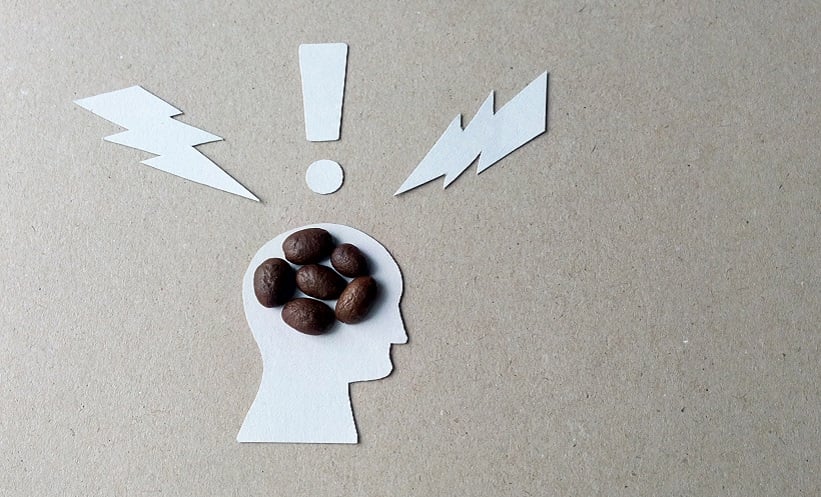A HIGHER daily intake of dietary caffeine was associated with an increased prevalence of severe headache or migraine in adults, particularly among females, as reported by Lu Zhang, Shandong University of Traditional Chinese Medicine’s First Clinical College, Jinan, China, and colleagues.
Zhang highlighted that The American Headache Society recommends over-the-counter non-steroidal anti-inflammatory drugs, combinations of medications, and caffeine as options to alleviate migraine symptoms. However, previous studies have yielded conflicting results on the use of caffeine, either in combination with medication or alone, in patients with headaches or migraines. Some studies show improvements in pain relief, while others show a negative effect, or no significant correlation. The researchers emphasise that previous studies are based on small samples, and that there is insufficient research specifically conducted on adults.
The authors highlighted the importance of investigating the relationship between dietary caffeine and the occurrence of severe headaches or migraines, as well as discovering the underlying mechanism. To address this, the researchers analysed data from the National Health and Nutrition Examination Surveys (NHANES). Data included 8,993 adults aged 20 years or older, with an average age of 49 years. The prevalence of severe headache or migraine was determined using a one-item questionnaire, along with assessments of caffeine intake through two 24-hour dietary recall interviews.
The findings indicate that for each additional 100 mg per day of dietary caffeine intake, there was a 5% higher prevalence of severe headache or migraine in males and a 7% higher prevalence in females. Furthermore, individuals with a daily caffeine intake of 400 mg or more had a 42% greater prevalence of severe headache or migraine compared to those with an intake between 0 to <40 mg per day.
Zhang and the research team provided an explanation that chronic intake of caffeine leads to the promotion of cortical hyperexcitability and excitable neurons, creating a nociceptive state. This effect occurs due to the antagonistic action of caffeine on G protein-coupled purinergic receptors, which subsequently induces or worsens headaches.
The team highlighted that repetitive and prolonged exposure to caffeine increases the risk of developing analgesic-overuse headaches, chronic daily headaches, and physical dependency. They concluded that further prospective studies are required to establish whether increased dietary caffeine intake increases the risk of severe headaches or migraine.








